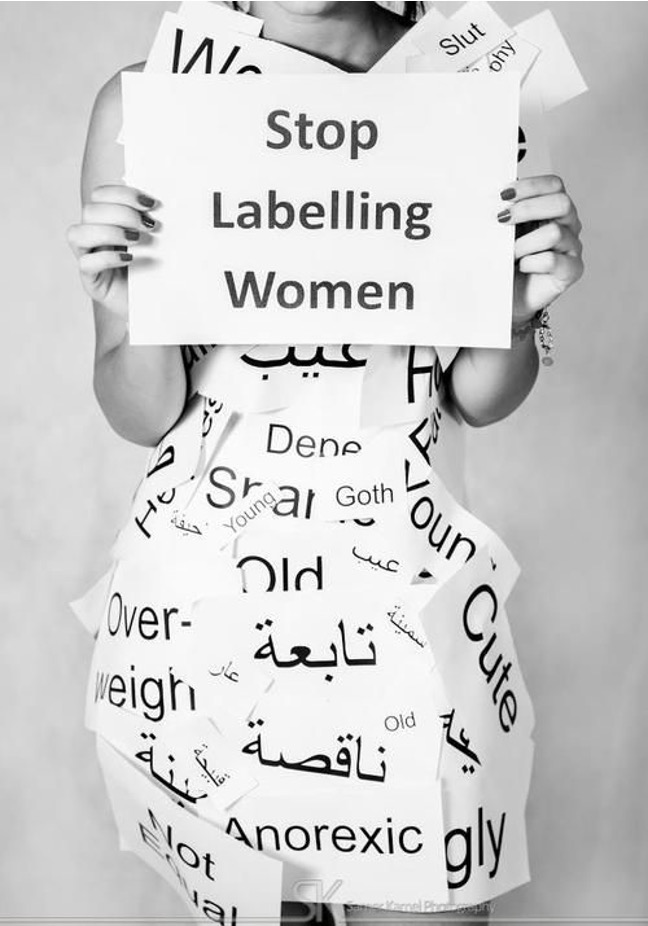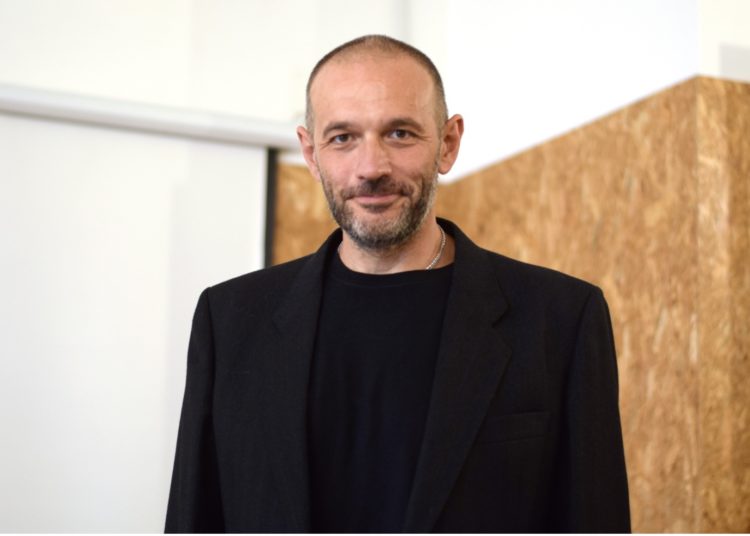This post is also available in: Français (French)
We very well know that talking about violence against women is not enough, especially if in doing so we use the same discriminatory and non-inclusive language that reinforces and legitimises the patriarchal system that triggers it. As a philosopher and as a trainer, what is your experience in this regard?
Seemingly more nuanced forms of violence are contained in our everyday language that retains a lot of sexism. Think, for instance, of the proverbs, idioms, insults, and exclamations that we normally use to blow off steam without noticing that in their content and etymology there is often a woman’s body, her sexual habits, and other forms of gender discrimination involved. By using them unknowingly we perpetrate sexist power by spreading further violence. If a form of power works, anyone can use it: that is why even women often insult each other in a strongly sexist manner.
The first thing I do when I speak in schools, workplaces, police stations and social centers is therefore to introduce the words I will use and explain why. Once I have discussed the “new lexicon”, I try to offer different visions of everyday relations and the way of speaking to the kind of people who have usually never done this kind of analysis, fighting wherever possible against a latent sense of guilt. When I speak of systemic violence, I speak about a violence that affects us all, whether we act it or not. The personal intention to be violent or not matters relatively little because we all act violent all the time: unintentional abuse is just as painful and dangerous and it is essential to start taking this into account to avoid repeating it. Understanding its concrete effects may be a difficult awareness but it is the fundamental starting point. If we do not realize that for a whistle in the street there is a woman who reacts by changing her route or out of fear changes her habits and behavior, that is a problem. It means pretending to talk about someone else’s body without consent and wanting to “own” it through an act of power thinking that there is nothing wrong with it.
In 2014, the director and producer Rob Bliss filmed a girl who, while walking on the streets of Manhattan, received more than 100 unwanted appreciations, vulgar comments or compliments, booing, persistent questions and in some cases outright insults in 10 hours. Commonly referred to as catcalling, these acts are a type of predominantly verbal sexual harassment that occurs on the street. According to a 2019 study by the UC San Diego Center on Gender Equity and Health, victims of “verbal sexual harassment” in the United States are 76 % female and 24 % male. The latter predominantly receive homophobic and transphobic insults.
How is the media responsible of reinforcing stereotypical narratives?
I often give training sessions at the Order of Journalists in Italy and I constantly encounter a huge problem of power. When I talk about these things, the audience is generally divided and, curiously enough, not by gender but by professional level. Those who welcome and share my suggestions on a non-divisive and sexist use of language are mainly freelancers, new editors, young trainees and those who oppose are almost always directors, heads of service and older professionals. Those who make words their profession feel even more challenged when they discover that their use of language is completely wrong and stereotypical, refusing, for instance, to learn how to name transgender people instead of continuing to use their ‘dead names’: it is always a question of power. Why don’t information providers ask, for example, the person in question how they wish to be called? Rejecting a certain language means refusing to use the indispensable tools to understand the increasingly complex reality in front of you. I would love to read non-violently written information in our newspapers, that is why I never read them.
“I declare myself a feminist out of intellectual honesty, because everything I study belongs to that world and to use any other term would make me ungrateful,
but I do not do what women do, it would make no sense”
Your book Perché il femminismo serve anche agli uomini (Why feminism is also useful for men, Eris, 2020) explores various aspects of patriarchy, including its intimate and inescapable connection with capitalism. How can feminisms contribute to freeing men too from this double captivity?
In order to understand the connection between patriarchy and capitalism, I often use a feminist formula that I believe is still highly effective: “capitalism is the male child of patriarchy.” Contrary to what many left-wingers think, in fact, first comes patriarchy and then capitalism. It is all very well to combat capitalism and its most aberrant forms, but we must always remember where they come from. The problem with patriarchal forms of power is that they do not cease and then are reborn but are continually transformed and this is what has disrupted, for example, Marxist analysis: reality has become so complex and diverse that the thought is no longer able to understand it as it was at the beginning. Moreover, Marx chose to keep the gender issue out of his socio-political and economic reflections, making a huge mistake in my opinion because it conditions every other aspect of our societies. Capitalism, therefore, only enhances, amplifies and spreads the forms of patriarchal power.
Feminisms are also useful to men because they are the only voices from which a meaningful criticism of our gender can come precisely because they are external, different, radically different. And, I repeat, the aim is not to make us feel guilty but to help us to better comprehend certain dynamics in which we have always been involved, often completely unconsciously, and finally distance ourselves from them. Thus, we will discover that there are many ways of being a man and that they are all better than the traditional hetero, white, sexist, hierarchical masculinity that for many seems the only possible model, even though it is one that is dramatically in crisis.
I declare myself a feminist out of intellectual honesty, because everything I study belongs to that world and to use any other term would make me ungrateful, but I do not do what women do, it would make no sense. However, I do try to understand how their practices of liberation are fundamental to freeing us from the heavy conditioning that underpins the so-called “natural” male identity.































